raising livestock ecologically
a1234qwer
16 years ago
Related Stories
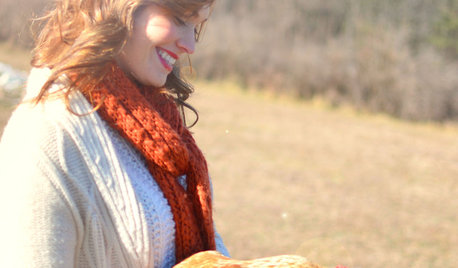
GARDENING AND LANDSCAPINGRaise Backyard Chickens Without Ruffling Neighbors' Feathers
Before you build a coop in the backyard, follow these strategies to help keep your neighbors from squawking
Full Story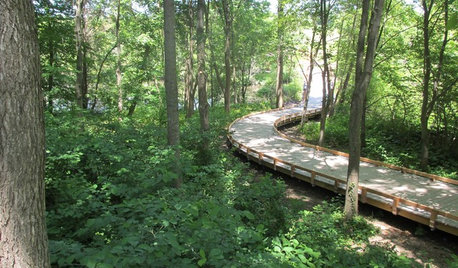
INSPIRING GARDENSWhat We Can Learn From Longwood Gardens’ New Meadow
Sustainability, ecology, native plant communities ... this public garden is brimming with lessons on horticulture for home gardeners
Full Story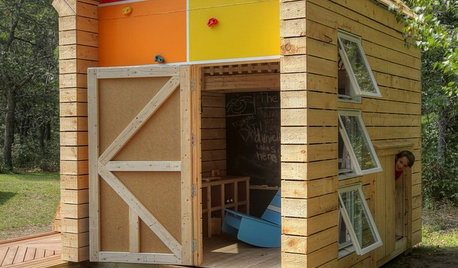
KIDS’ SPACESFun Meets Philanthropy in a Lively Playhouse
Kids rule this little play-based kingdom, but the money it raised helps children in the real world
Full Story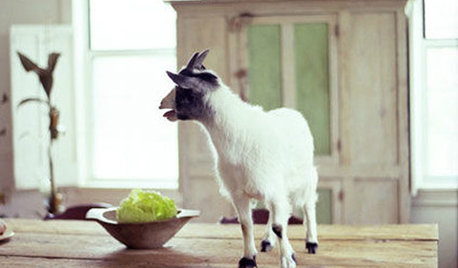
LIFEEasy Green: Modern Homesteaders Stake a Claim
With more options for raising chickens, growing edibles and keeping bees than ever, suburban and city folk are rediscovering a lost art
Full Story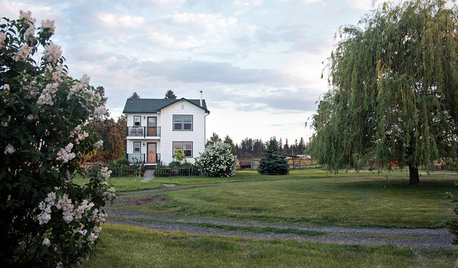
HOUZZ TOURSMy Houzz: Northwest Couple Make a Rural Homestead Their Own
Country life agrees with these first-time homeowners, who have decorated their farmhouse in a rustic, low-key style
Full Story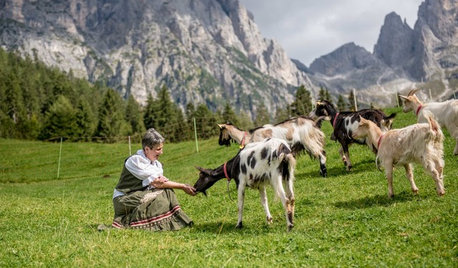
FARMHOUSESWorld of Design: See How 9 Families Live and Farm on Their Land
Join us as we visit the homes and farms of passionate food producers and hear about rural life around the globe
Full Story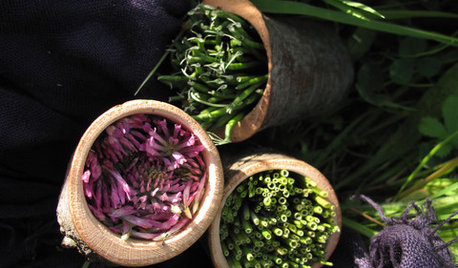
EARTH DAYHow to Help Your Town’s Beneficial Birds and Bugs
Make a habitat using local materials to provide a home to the creatures that help our gardens
Full Story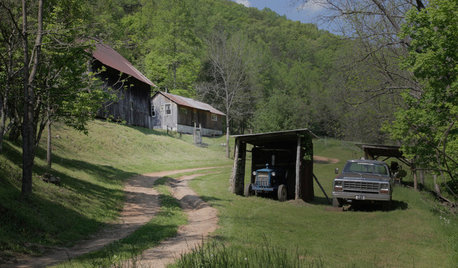
TASTEMAKERSNew Series to Give a Glimpse of Life ‘Unplugged’
See what happens when city dwellers relocate to off-the-grid homes in a new show premiering July 29. Tell us: Could you pack up urban life?
Full Story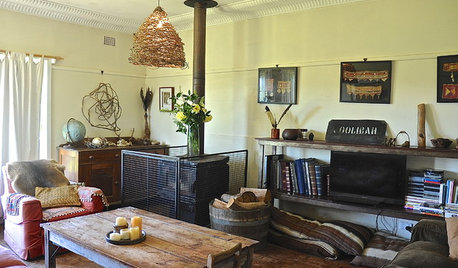
HOUZZ TOURSMy Houzz: Cozy Country Meets Bohemian Artistic in Australia
Healthy helpings of salvage and rustic art give a pastureland home free-spirited style
Full Story
HOUZZ TVHouzz TV: How to Install a Rain Barrel
This DIY tutorial shows how easy it can be to capture rainwater from your roof to use in your garden later
Full StorySponsored






Belgianpup
gardenlen
Related Professionals
Fillmore Landscape Architects & Landscape Designers · Middle River Landscape Architects & Landscape Designers · New Mexico Landscape Architects & Landscape Designers · Seabrook Landscape Architects & Landscape Designers · Brownsville Landscape Contractors · East Haven Landscape Contractors · Gurnee Landscape Contractors · Madera Landscape Contractors · Vallejo Landscape Contractors · Hueytown Landscape Contractors · Raytown Landscape Contractors · Kennewick Siding & Exteriors · Yorkville Siding & Exteriors · Benicia Solar Energy Systems · Brockton Solar Energy SystemsBelgianpup
brendan_of_bonsai
brendan_of_bonsai
stoneunhenged
reetha
skipalita